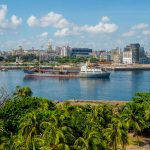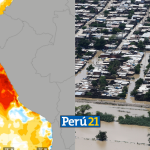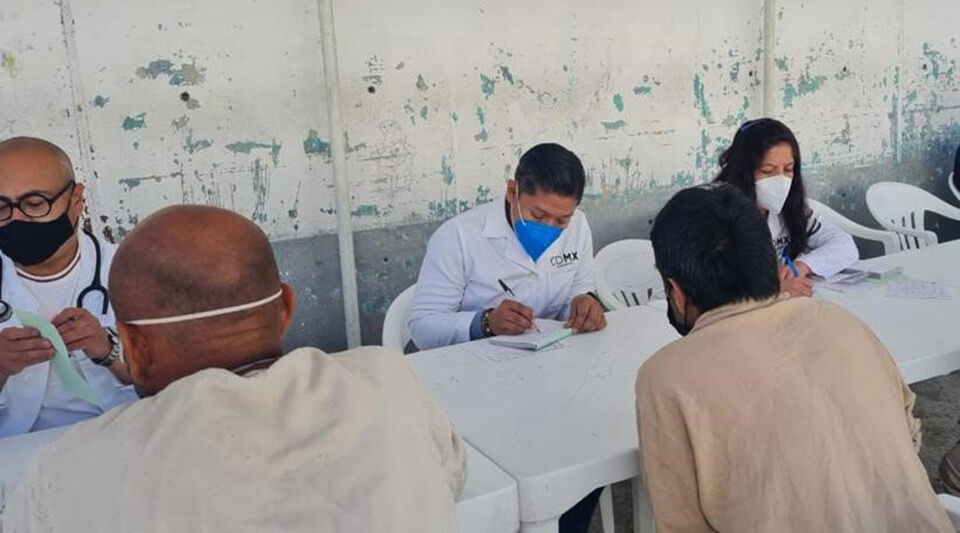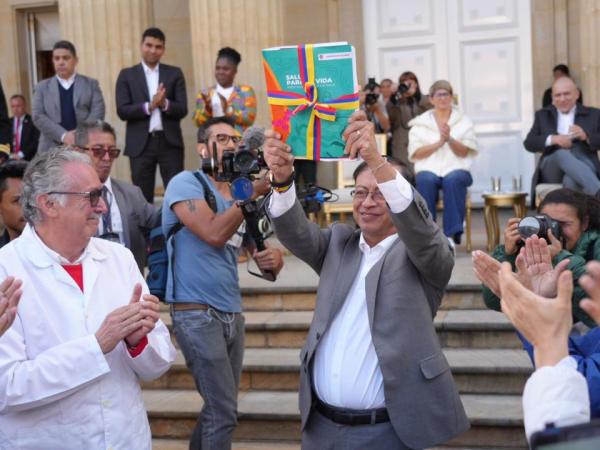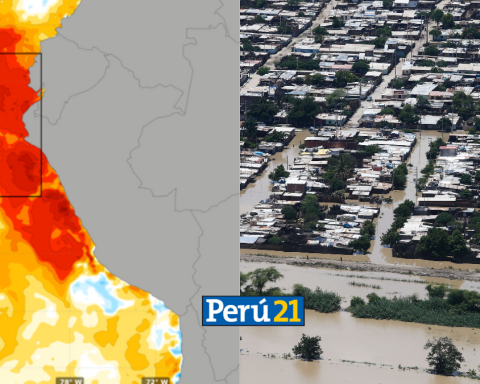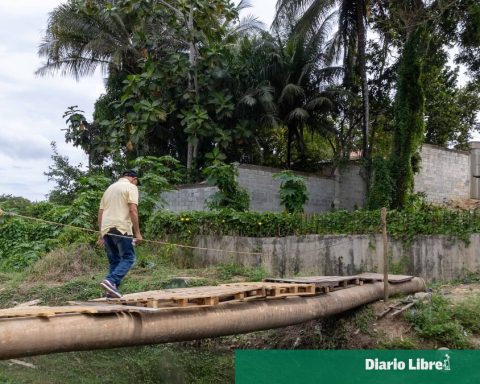MIAMI, United States. — Cuban ruler Miguel Díaz-Canel assured this Thursday that the lack of fuel availability on the island is due to non-compliance by the suppliers in charge of sending the crude to the Caribbean country.
During the closing meeting of the Party’s comprehensive visit to Villa Clara, Díaz-Canel maintained that the situation is not the product of the country’s inefficiencies or energy problems, but rather due to non-compliance for “very objective reasons” by the countries in charge of supply fuel.
“This has led to the consumption of between 500 and 600 tons of gasoline per day that the country consumes, at the moment we are with coverage of less than 400 tons for all activities in the country and without being able to be clear about how to make the ties to get out of this situation,” said Raúl Castro’s successor in statements reported by the state press.
In the specific case of diesel, another of the fuels in short supply on the island, the first secretary of the Communist Party of Cuba (PCC) indicated that there are delays in its delivery due to breakdowns presented by a freighter that is anchored in Santiago de Cuba .
“With the case of diesel it is different. In addition to the conjunctural situations that arise, we had guaranteed boarding that ensured continuity. That ship arrived in Santiago de Cuba, it broke in Santiago de Cuba, prevented it from being taken out in time so that it could later continue to other ports in Cuba and that has caused us a delay in the way of distributing that fuel,” said the ruler.
According to Díaz-Canel, in the country there is “a strategy to have a high level of thermoelectric plants under maintenance in order to guarantee energy availability for the summer, plus those that are out of order.”
“We have had to depend more on distributed generation that basically consumes diesel; therefore, an important part of that diesel that we have disposed of has gone into electricity generation, ”he said.
Cuba has been facing a serious energy crisis since 2019, which increased between 2021 and 2022, resulting in massive interruptions in electrical service on the island that are still ongoing.
To try to solve the situation, the regime resorted to floating power plants from Turkey that have been synchronized to the National Electric System (SEN) from various ports in the country.





